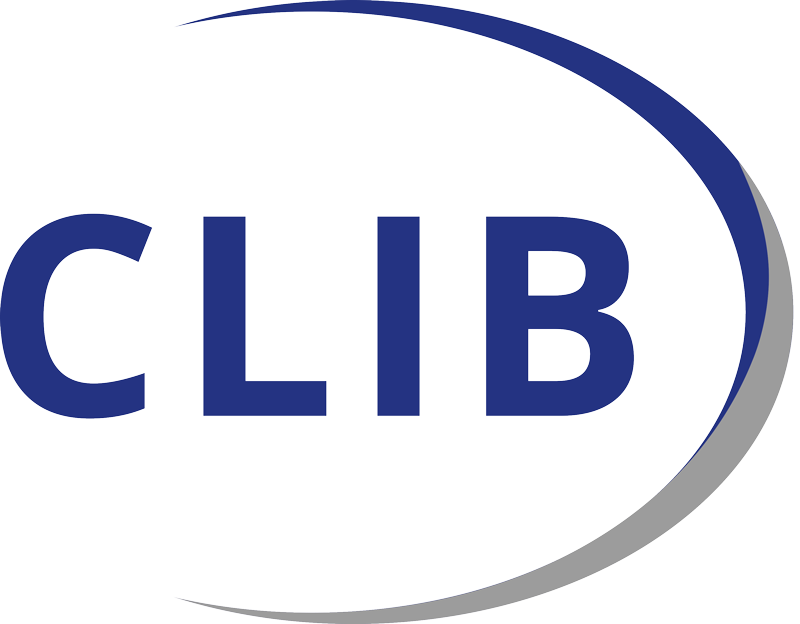New Graduate Cluster: ‘AUFBRUCH – Shaping the transformation to a sustainable regional bioeconomy’

In AUFBRUCH, for the first time, three universities, three universities of applied sciences, a research institution and an innovation network together initiate a future-oriented graduate cluster, which is funded with 12.5 million euros in funding from the BMBF.
The aim: to support doctoral students through interdisciplinary training and entrepreneurial inspiration to actively shape the transformation of the Rhenish mining are (Rheinisches Revier). Breaking down boundaries between disciplines, stakeholders and fields of expertise to realise a sustainable bioeconomy in the region – that’s what AUFBRUCH setting out to do.
The Rhenish mining area has the vision to become a model region for a sustainable and competitive bioeconomy. The graduate cluster AUFBRUCH aims to enable its doctoral students to seize this momentum and help shape the transition to a sustainable bioeconomy. AUFBRUCH has been recognised as one of 31 projects in the 19 anchor projects that the state of NRW has identified as central to successful, rapid and visible implementation of structural change.
Sustainability is one of the central criteria for a successful bioeconomy, but by no means an automatic consequence. According to the United Nations, it requires ‘an economically, socially and ecologically sustainable future.’ AUFBRUCH brings together a consortium of eight partners in and around the Rhenish mining area, namely RWTH Aachen University, FH Aachen- University of Applied Sciences, the Cluster Industrial Biotechnology (CLIB), the TU Dortmund University, the Heinrich-Heine-University Düsseldorf, the Research Centre Jülich, the TH Köln – University of Applied Sciences, and the Niederrhein University of Applied Sciences. This means that AUFBRUCH combines expertise from biotechnology, chemistry, process engineering, logistics, economics, social sciences and urban planning. The 37 funded doctoral projects, plus associated projects, are thematically connected in six innovation areas, which use case studies to address the overarching challenges of the bioeconomy in the region.
AUFBRUCH will thus provide doctoral students with an excellent disciplinary education, promote interdisciplinary cooperation, and promote transdisciplinary interaction with stakeholders in industry and society. In tomorrow’s labour market, people with such outstanding qualifications will be able to invigorate companies, establish new collaborations, and imagine sustainable products and processes from the outset. These skilled workers can not only passively accompany the transformation process in the region, but actively help shape it.
AUFBRUCH places a strong focus on entrepreneurship. As drivers of employment and innovation, start-ups break up established structures and generate added value and jobs in a short time. Through interactive event formats, doctoral students are given a entrepreneurial mentality, the background knowledge, and a strong connection to the Rhenish mining district with its neighbouring municipalities and the way is paved for new start-ups.
Key data for the graduate cluster AUFBRUCH
Graduate cluster ‘AUFBRUCH – Shaping the transformation to a sustainable regional bioeconomy’
Project start and duration: 01.04.2024, 4 years
Project volume: 12.5 million euros
Funded by: Federal Ministry of Education and Research, as part of the structural change programme.
Project coordination: RWTH Aachen University, Prof. Dr Regina Palkovits
Project partners:
- RWTH Aachen University
- FH Aachen – University of Applied Sciences
- TU Dortmund University
- CLIB – Cluster Industrial Biotechnology
- Heinrich-Heine-University Düsseldorf
- Research Centre Jülich
- TH Köln – University of Applied Sciences
- Niederrhein University of Applied Sciences



